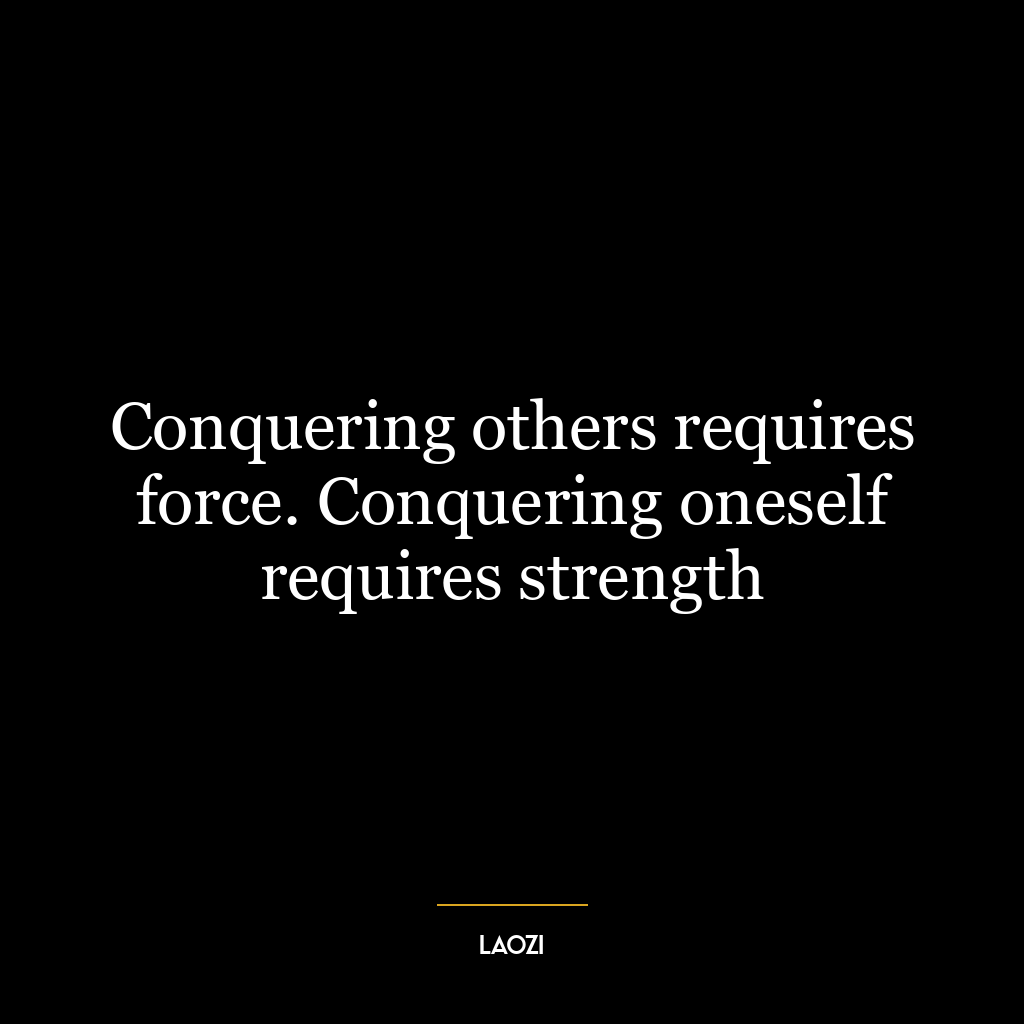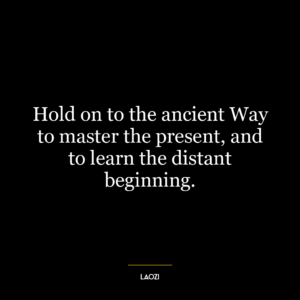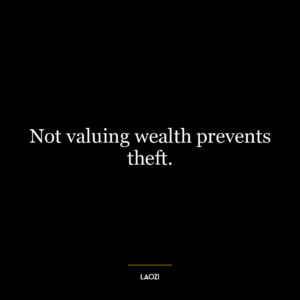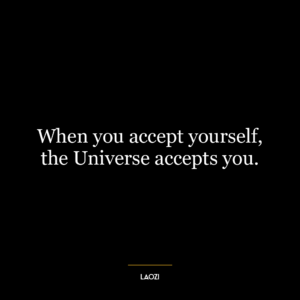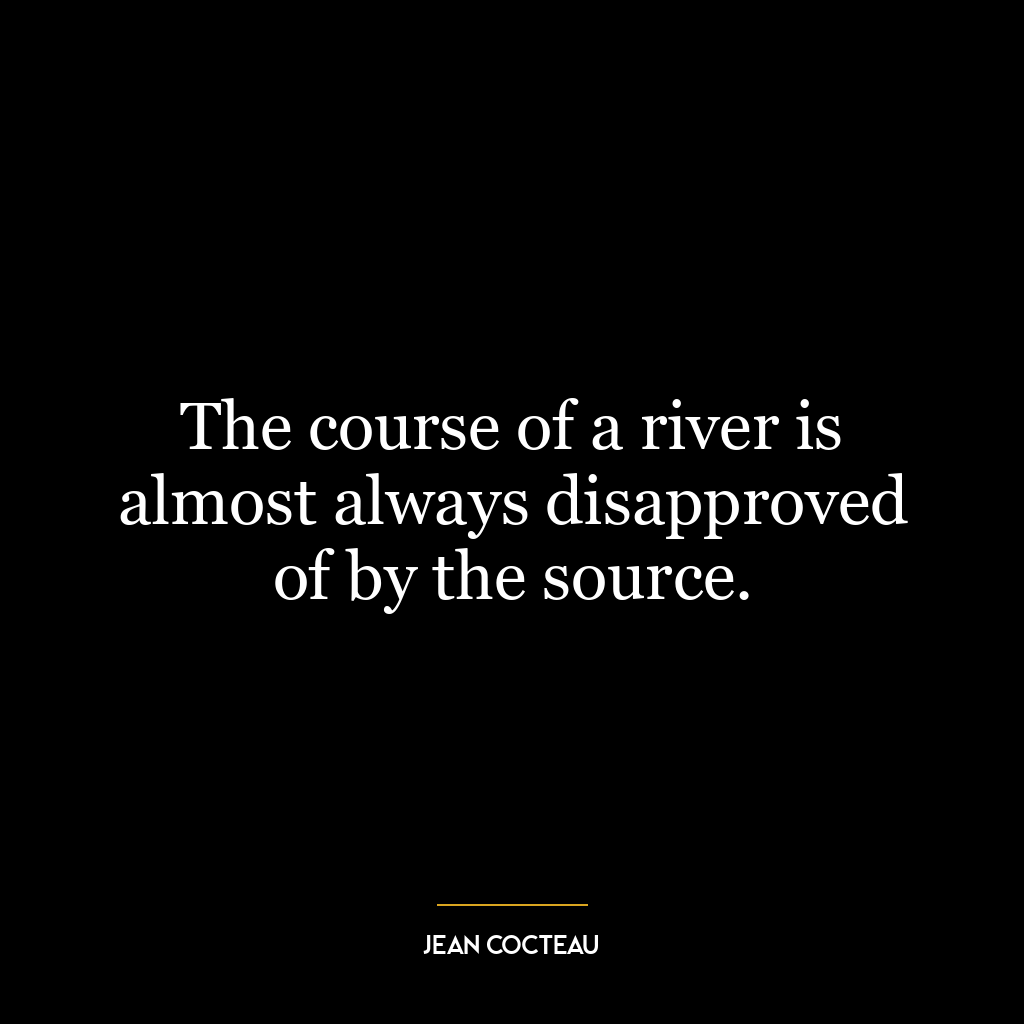Conquering others requires force. Conquering oneself requires strength
Conquering others requires force. Conquering oneself requires strength” is a profound statement that delves into the nature of power, control, and self-improvement.
The first part, “conquering others requires force,” suggests that to gain control over others, one may need to exert physical or psychological pressure. This could be in the form of military might, political power, or even manipulative tactics. However, this kind of conquest is often temporary and can breed resentment or resistance.
The second part, “conquering oneself requires strength,” is a more introspective concept. It implies that true power comes from mastering one’s own thoughts, emotions, and actions. This form of conquest is not about suppression but about understanding and control. It requires strength, not in the physical sense, but in terms of willpower, determination, and resilience.
Applying this idea in today’s world can be seen in various aspects of personal development. For instance, in the realm of emotional intelligence, conquering oneself could mean gaining control over one’s emotional reactions, thereby improving interpersonal relationships. In the context of personal health, it could refer to the strength required to maintain a disciplined diet or exercise routine.
In the broader societal context, this principle could be applied to leadership styles. Leaders who rule by force may maintain control for a while but may also foster an environment of fear or resentment. In contrast, leaders who have conquered themselves, who lead by example and inspire others through their own discipline, self-awareness, and resilience, can foster a more positive and sustainable form of leadership.
In conclusion, the quote suggests that while force might be a quick and easy route to power, true strength and lasting influence come from the much harder task of mastering oneself.

